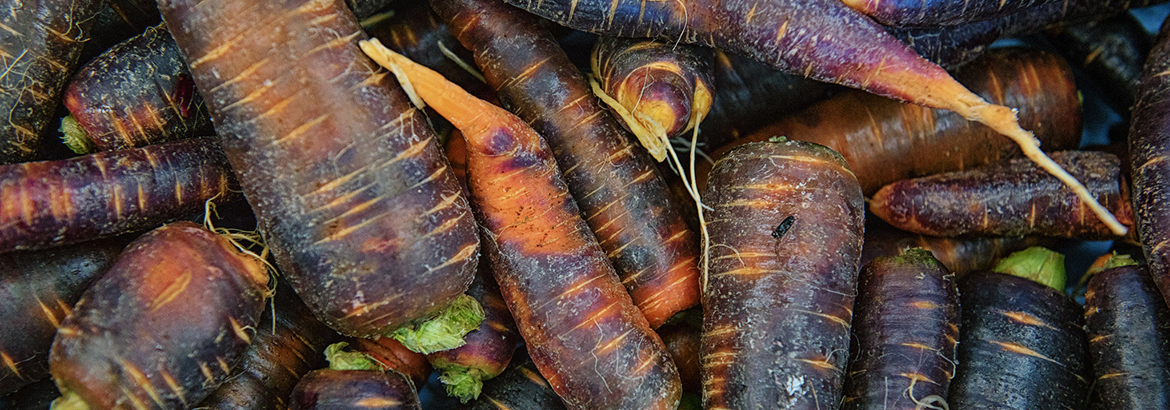
In conversations about climate change, it’s easy to feel powerless — after all, what impact can just one person really have on a planet-sized problem? While it’s true that government and corporations have the most opportunity to impact climate change, the choices we make to live more sustainably still make positive change in our lives and can help inspire others.
In 2010, UBC launched their Climate Action Plan, and the changes they’ve made to operate more sustainably have inspired me to make changes to live more sustainably. Here are a few easy changes you can make to reduce your personal carbon footprint.
Carry reusables
It’s unfortunate that we can’t use reusable cups at many cafes right now, but there are still ways we can reduce our single-use plastics. Metal straws, and small to-go packs of silverware still make a difference. There are tons of options for your reusables, so check this article out for help determining the best straw for your needs: 9 Best Reusable Straws in 2021.
Reusable containers are also really useful when you go out to eat. They’re better for the environment than the standard Styrofoam takeout boxes, plus, you can toss your reusables into your bag without fear of a mess. Bonus points if your carry your reusable containers in reusable tote bags (or those foldable reusable shopping bags).
What UBCO is doing: UBCO does not provide plastic straws or cutlery at dining locations on campus. Instead, you’ll receive wooden cutlery and paper straws. Food Services locations on campus also participate in the Green2Go program. Whenever you bring in your Green2Go container (or your carabiner clip if you live in residence), you save 20 cents. You’ll also have to pay a 25-cent surcharge when you use a disposable cup, so going green on campus has some financial perks as well.
Sort your waste
Try composting instead of throwing your food scraps in your regular garbage, and know your area’s recycling rules.
What UBCO is doing: UBCO has waste sorting stations in some food services locations, as well as guides on what kind of waste fits into each category.

Don’t idle
Don’t leave your car running when you go into the grocery store, even if you’re only getting one thing. If possible, walk or bike. The Okanagan Rail Trail runs from Vernon to downtown Kelowna, and is open to people of all ages and abilities. Physical exercise will help you stay healthy, and help reduce your carbon emissions.
What UBCO is doing: UBCycles provides short-term and long-term bike rentals, as well as bike repair workshops for cyclists of all skill levels.
Buy your textbooks second-hand from GreenText, or other used book stores in your area
Not only will this help the environment by reusing textbooks, but used books are often cheaper to buy. Save money and save the environment. Textbooks are often updated with new editions, and the updates can be minor or significant depending on the edition. If you are thinking about buying an older version of a textbook, it’s a good idea to first check with your instructor to ensure it will still work with the course.
Try vegan or vegetarian options when you order meals
Meat production and food transportation are major contributors to climate change. Consider ordering a meat-free option, or if the restaurant advertises options with local ingredients, try one of those.
What UBCO is doing: Food Services offers a variety of dietitian-approved plant-based, vegetarian, and locally sourced meal options made in-house on campus.
Don’t get discouraged if you can’t incorporate all of these options into your lifestyle. Do what works for you, and remember that even small steps can make positive results.
Learn more about what UBCO is doing to create a more sustainable campus.